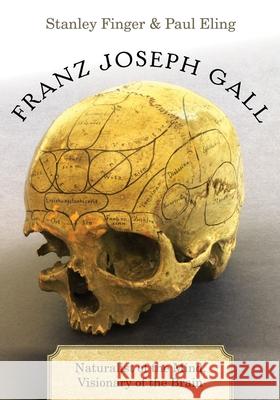Franz Joseph Gall: Naturalist of the Mind, Visionary of the Brain » książka
topmenu
Franz Joseph Gall: Naturalist of the Mind, Visionary of the Brain
ISBN-13: 9780190464622 / Angielski / Twarda / 2019 / 584 str.
Franz Joseph Gall: Naturalist of the Mind, Visionary of the Brain
ISBN-13: 9780190464622 / Angielski / Twarda / 2019 / 584 str.
cena 743,15 zł
(netto: 707,76 VAT: 5%)
Najniższa cena z 30 dni: 433,74 zł
(netto: 707,76 VAT: 5%)
Najniższa cena z 30 dni: 433,74 zł
Termin realizacji zamówienia:
ok. 16-18 dni roboczych
Bez gwarancji dostawy przed świętami
ok. 16-18 dni roboczych
Bez gwarancji dostawy przed świętami
Darmowa dostawa!
Kategorie:
Kategorie BISAC:
Wydawca:
Oxford University Press, USA
Język:
Angielski
ISBN-13:
9780190464622
Rok wydania:
2019
Ilość stron:
584
Waga:
1.22 kg
Wymiary:
25.65 x 18.03 x 4.06
Oprawa:
Twarda
Wolumenów:
01
Dodatkowe informacje:
Bibliografia











